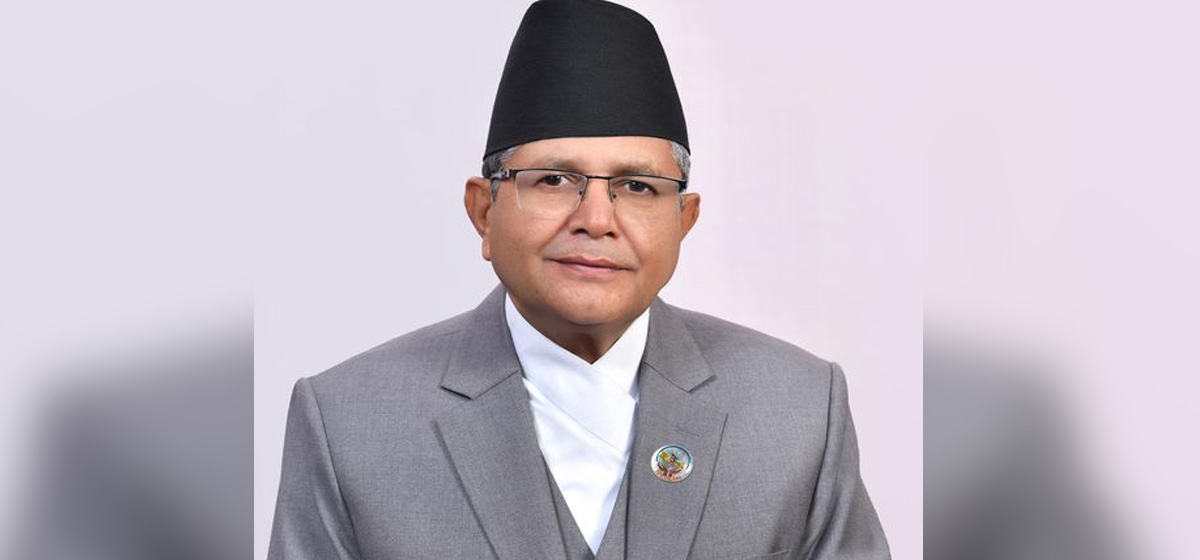When activists group together to fight for a cause, imperfect solidarities are formed
Silence of the state, in the name of impunity, exists at the highest levels in Nepal. Activists fighting for a better Nepal get disheartened because justice has been delayed, again and again.
‘Am I tired of fighting for justice?’ Someone asked me recently, and this made me reflect on the movement we were part of last year. Do we feel silenced when faced with false, slanderous attacks? Or even worse, violence? Does the fear take over our ability to fight back? Or do we continue to look for avenues to constructively advocate for justice, knowing that a family is seeking justice somewhere? As an activist, my heart aches for their pain, and as a Nepali, that pain turns into anger, knowing my fellow citizen’s rights have been violated.
Nirmala Pant, a 13-year-old girl studying in Saraswati Secondary School in Kanchanpur, was found dead on July 27, 2018. The investigation found that she was raped and murdered. Despite a year of high-level investigations, led by Home Ministry, Police, and the National Human Rights Commissions in Nepal, the case remains far from being solved. Furthermore, on July 23, 2019, Home Minister Ram Bahadur Thapa stated that Nirmala Pant’s case had been unnecessarily politicized and that “such things (rape) used to happen in the past, are still happening and will continue to happen for sometime”. His egregious and irresponsible statement casts further doubt on the level of commitment the current leadership has toward solving the case.
PM Dahal: New regulatory body to oversee cooperatives in Nepal

In the past year, the voices of Nepali across the country rose in demanding justice for Nirmala. Street movements shook the nation, where non-state activists raged against Nirmala’s rape and death. Force against these activists resulted in physical harm where unfortunately 17 years old Sunny Khuna died, and 20 year old Arjun Bhandara remains in critical condition in the hospital.
Moreover, the opposition’s role in the parliament, when it comes to raising the issue, has been dismal. We expect our elected representatives to speak up in favor of the very people they represent. Both the government and the opposition have failed Nirmala. As we mourn the first anniversary of her untimely demise, we are just as lost and confused as we were a year ago. We still do not know who raped and murdered Nirmala Pant. Had our government’s leadership been committed to the cause, this case would have been solved. This is a failure of the state, and this is when non-state activists must step in to hold the government accountable.
Non-state activists bring the voices and experiences of those who have faced human rights abuses and violations to light. We are not the elected voice in policy-making spaces, but we are empowered Nepali citizens who have the right to peaceful protest to push those in power to enforce the laws of our land. We must take our fight to the streets, and his is never an easy task.
Role of the activists is to pressure, to warn and to ensure that a just cause does not lose priority. But we also subject ourselves to vulnerability and harm. Activists who have strong voices are targeted and trolled on social media, for seeking stronger policies and implementation of already existing law. Many such trolls receive support and encouragement from political leaders belonging to both the governing and opposition parties.
When Nirmala’s parents were brought to Kathmandu for medical treatment, especially after her father showed signs of mental fatigue, some of the Kathmandu-based activists were there at the Teaching Hospital, quietly helping the Pant family. Sadly, that was the last time activists were in touch with the family. Some media outlets and politically mobilized actors launched attacks on those activists who were providing support. Risks of activism can also be grave. We were called “dollarbadi” and “politically motivated”, and lies were spread, causing pain to our well-wishers, and families.
Does this mean the fight for justice stops? Definitely not! We must continue to fight for justice and change in Nepal. And there are ways we can do this safely. Impactful non-state advocacy needs like-minded activists to come together. There is ample disconnect and mistrust among different advocacy groups seeking justice and this needs to change. Coalition building strengthens our message, and numbers have power. Secondly, our power together also creates a safe space and support for activists, which is a must as we continue this fight.
When activists group together to fight for a cause, imperfect solidarities are formed. Rage Against Rape was formed in December 2017 when we realized the need for a frank and bold conversation around the rising number of rape cases across the country. We felt we the need to speak about every case that comes to our notice. Our #RageAgainstRape movement joined hands with the #JusticeForNirmala movement. We worked together, strengthening the voice of our movement. Our mission broadened together, as we realized Nirmala’s case was a tip of the iceberg. And we strongly believed that if Nirmala’s was just one case and there were hundreds of cases that never even get registered.
Our government’s silence is deafening. But the state’s apathy managed to bring that rage out and there is no way to dismiss that anger. The #RageAgainstRape movement has compelled people to take up rape issue with the rigor they deserve. If not under the current political leadership, Nepalis will take the fight for justice to the streets and exercise our electoral rights to ensure Nirmala Pant will get justice under someone else’s leadership. People like me, who are committed to ensuring justice is served, are always looking for avenues to advocate, to push boundaries and if needed, to march on the street for you cannot silence us, or the voice of the ballot.
Bista is a women’s rights activist and the executive director of Women LEAD Nepal.







_20230506072433.jpg)



























